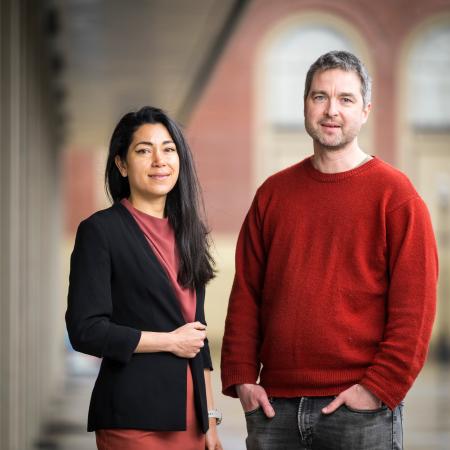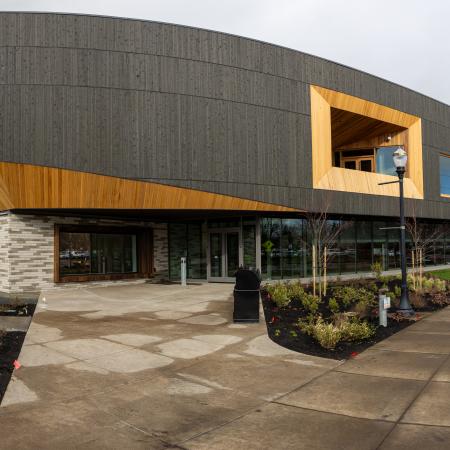The zoology major offers scientific training in the diversity, organismal biology, ecology and evolution of animals. The major core provides a solid foundation in the biological sciences, while electives allow students to cater coursework to meet specific interests in animal biology. Zoology majors enter such varied fields as animal care and husbandry, curatorial and museum management, laboratory animal research, field biology and conservation, and environmental management and policy. The zoology major is not suitable for pre-veterinary medicine students as it does not include the required prerequisite course work (see the option in pre-veterinary medicine in the biology major).
Outcome 1
Content. Students will be able to explain and apply the fundamental concepts of the biological sciences, including:
- Cell and Molecular Biology, Genetics
- Animal Physiology and Diversity
- Ecology and Evolution
- Conservation, Management and Policy
Outcome 2
Process of Science. Students will be able to apply the process of science by:
- Sources of Information. Identifying and accessing information (from primary literature and other relevant works) for a particular topic and evaluating the scientific content and context of these sources.
- Scientific Questioning. Generating relevant and testable scientific questions, formulating testable hypotheses and identifying measurable predictions based on observations or previous research.
- Data Collection and Analysis. Designing and implementing observational or experimental investigations to collect relevant data, and employing appropriate analytical methods to analyze that data.
- Evaluation. Interpreting data and/or observations to support or refute hypotheses, draw conclusions, put findings in the context of current scientific knowledge and literature and/or suggest future avenues of research.
Outcome 3
Communication. Students will be able to communicate scientific information through effective formal and informal modes (i.e., written, oral, graphical, multimedia), in ways that are appropriate for scientific and non-scientific audiences.
Outcome 4
Critical thinking. Students will be able to demonstrate critical thinking by:
- Synthesis. Integrating and analyzing information within and across spatial and temporal scales as well as levels of biological organization (i.e., LO1).
- Evaluating Uncertainty. Identifying, reflecting upon, and evaluating assumptions, biases and alternative hypotheses or interpretations for their own scientific claims or those of others.
Outcome 5
Societal Relevance. Students will evaluate the relationship between science and society by:
- Science Literacy. Justifying the importance of science and science literacy for individuals and society.
- Decision Making. Integrating biology with other disciplines to make evidence-based decisions on socio-scientific issues.
- Impact and Access. Explaining how biases and societal factors affect the processes of science (and vice versa), access to participation in science and the differential outcomes and impacts (both positive and negative) of science on individuals.
Outcome 6
Professionalism. Students will demonstrate that they are ready to enter a career by:
- Ethics. Explaining and justifying the ethical standards of their discipline, evaluating the ethics of published science and articulating their personal code of ethics.
- Collaboration. Participating in effective and appropriate forms of collaboration.
- Career Planning. Engaging in self-assessment of interpersonal and academic behaviors needed to achieve their individual career goals.



